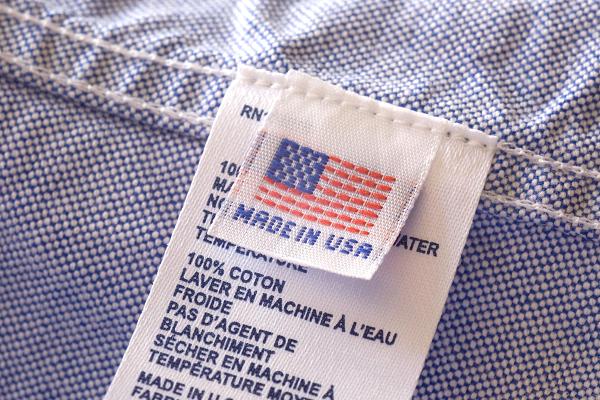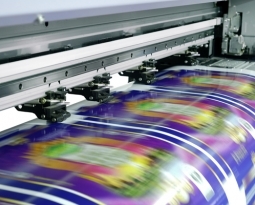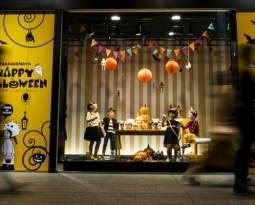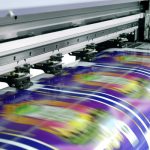10 surprising brands that are made in America
The AmGraph Group and AGRetail are proud to manufacture retail signage products and large format printing in-house, so we admire some of the more well known products that are still manufactured in the U.S.
Popular products produced in the U.S.
It’s pretty hard to escape the “Made in China” or “Made in Mexico” stamp on products these days. Imports of goods and services in 2014 topped $2.85 trillion, making the country the world’s second-largest importer (behind the European Union).
In fact, some of the most iconic products associated with America aren’t made here. Rawlings baseballs are made in Costa Rica, the Radio Flyer little red wagon has been made in China since 2004, and Chuck Taylor All Star shoes are now imported from China, Thailand and India.
But sometimes companies will surprise you. Products that you might assume are made overseas are actually manufactured domestically. Here are 10 products you might think are imported but are actually created right here.
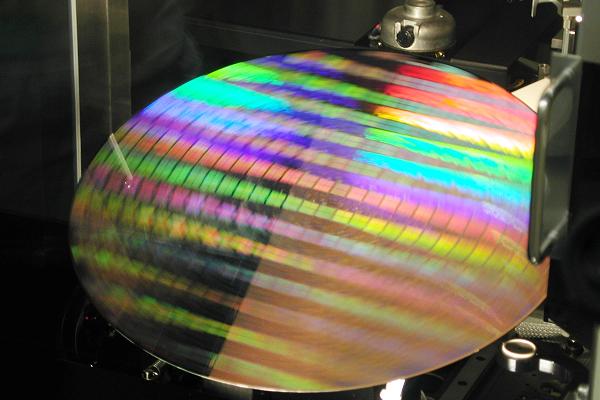
Intel chips
Not all of the company’s microprocessors are made domestically, but roughly 75 percent are—and Intel has invested heavily in U.S. manufacturing plants. In 2009 the company announced a $7 billion plan to build manufacturing facilities in Oregon, Arizona and New Mexico. The next year, it dedicated another $6 billion to $8 billion to the cause. And in 2011 it announced plans to invest an additional $5 billion in U.S. plants. It has also expanded the initiative, launching a build-to-order service for other chip companies at the U.S. plants.
Intel, which had 106,700 employees worldwide as of year-end 2014, has 51 percent of those employees located in the U.S. The company had revenue of $55.9 billion in 2014.
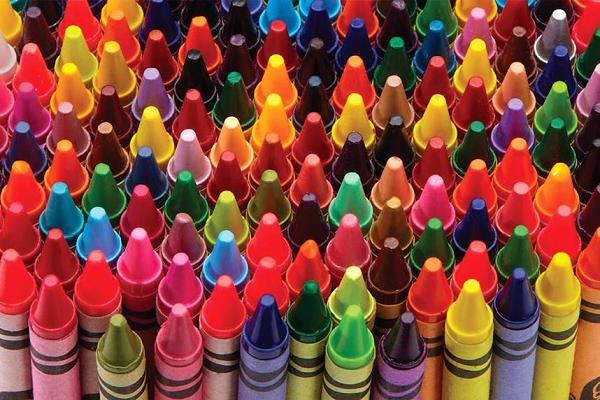 Crayola Crayons
Crayola Crayons
Every one of the iconic art supplies are made at a factory in Easton, Pennsylvania. The plant churns out the top-selling crayons at a rate of 650 crayons per minute, with a total production of up to 13.5 million per day in 400 different colors. On average, the facility makes 3 billion Crayola crayons per year.
The company, which has annual revenue of $750 million, according to Hoover’s, also makes 600 million Crayola Colored Pencils, 465 million markers, 110 million sticks of chalk, 9 million Silly Putty eggs and 1.5 million jars of paint annually.
The company’s U.S. workforce of 1,650 includes 1,221 located at the headquarters in Easton, according to Hoover’s that reports annual revenues of $750 million.
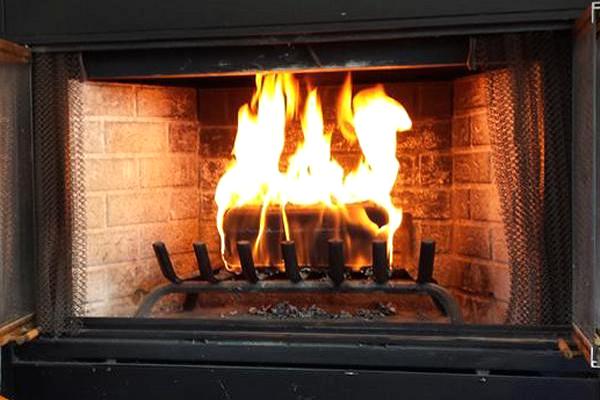 Duraflame logs
Duraflame logs
The best friend of fireplace owners who don’t want to bother with kindling and newspaper, Duraflame controls nearly 40 percent of the firelog market, by some estimates, and sells more than 36 million firelogs annually. And every one of the company’s products come from one of its two manufacturing plants—in California and Kentucky—which employ more than 200 people. Between the two, they create over 14,000 miles of firelogs per year.
Post-it Notes
Not every Post-it Note in the world is made in the U.S., but every one you buy in the U.S. or Japan is. 3M‘s plant in Cynthiana, Kentucky, underwent a conversion in 1985, ceasing its production of paper copiers and overhead projectors to become the chief manufacturing plant for the sticky notepads—adding 137,000 square feet in the process. It has since been expanded twice more as the number of Post-it options have expanded. 3M sells more than 4,000 Post-it products in over 120 countries and employs 35,581 workers.
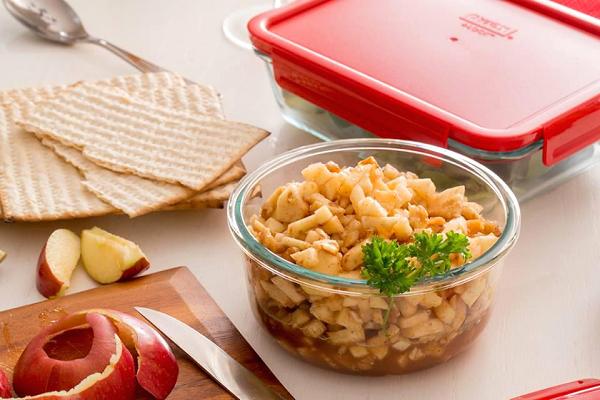 Pyrex Glassware
Pyrex Glassware
When Corning, which started making Pyrex in 1915, sold the famous brand to World Kitchen in 1998, some worried that the manufacturing would be transferred overseas. The new owners opted against making any changes, though, and kept the Charleroi, Pennsylvania, plant (which has made the oven-safe glassware since the 1940s) in operation. (The company’s metal bakeware, though, is manufactured abroad.)
World Kitchen employs 2,900 people and has annual revenue of $213.6 million, according to Hoover’s.
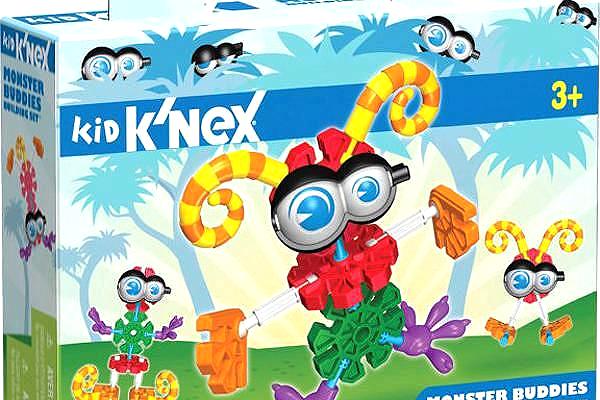 K’Nex toys
K’Nex toys
These building toys aren’t just manufactured in the U.S.—at a plant in Hatfield, Pennsylvania—they’re also made with raw materials that all come from U.S. manufacturers. “While most toys are made overseas, we are committed to manufacturing in the United States,” said the company, which employs 150 people and has annual revenue of $29 million, according to Hoover’s.
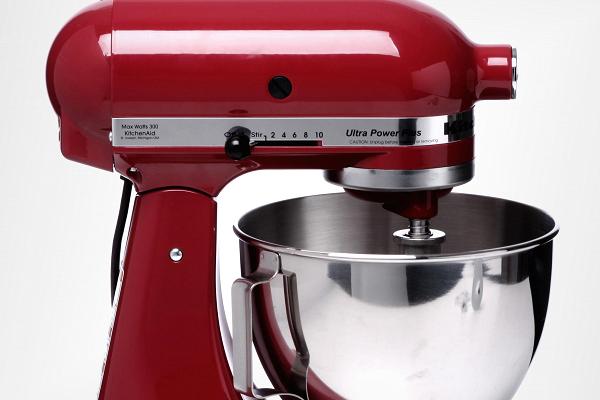 KitchenAid mixers
KitchenAid mixers
A mainstay in many kitchens around the country and the world, each KitchenAid mixer gets its start in Greenville, Ohio. The company has been manufacturing the favorite tool of bakers there since 1941. Today it employs roughly 700 people, who can make up to 7,000 of the mixers per day during busy periods.
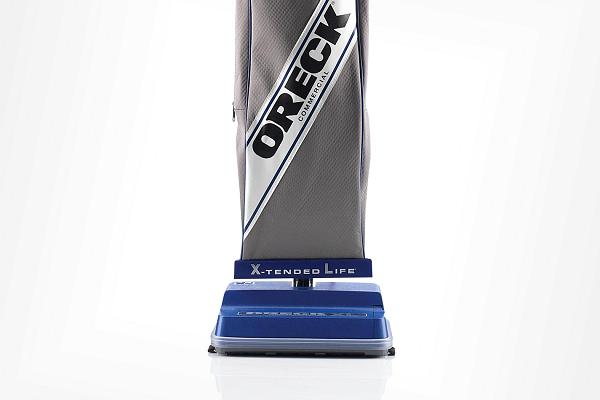 Oreck XL vacuums
Oreck XL vacuums
Not all vacuums bearing the Oreck name are made in the U.S., but the company’s flagship Oreck XL vacuum is still manufactured in Cookeville, Tennessee. Some worried that might change in 2013 when TTI/Royal bought the company’s assets in a bankruptcy option, but the new owners (who also make Hoover and Dirt Devil vacuums largely in China), said the U.S. plant gave the company a “significant advantage.”
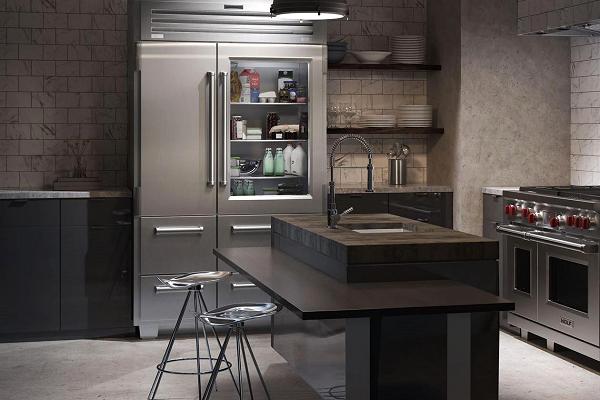 Sub-Zero refrigerators
Sub-Zero refrigerators
Founded in Madison, Wisconsin, in 1945, this iconic family-owned business has always insisted its refrigerators, freezers and other cooling units be made in the U.S. In 2000 the company acquired the Wolf Appliance line and extended that philosophy to that company’s stoves, cooktops and other appliances. Facilities in Fitchburg and Madison, WIisconsin; Phoenix and Richmond, Kentucky, are in charge of manufacturing. The company employs more than 1,000 people.
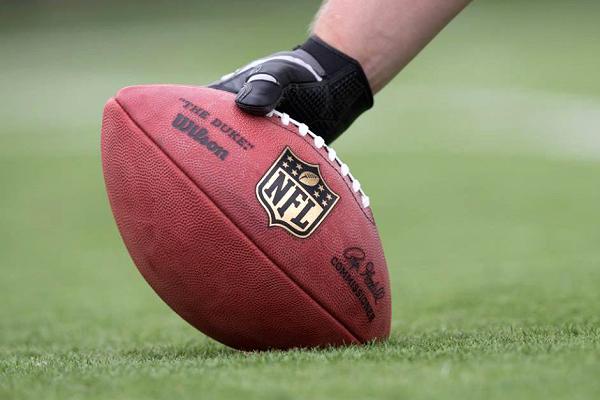 Wilson Footballs
Wilson Footballs
Major league baseballs may not be made in the U.S., but when football season kicks off, it’s an All-American affair. Wilson, official supplier to the NFL, makes each of its leather game balls at a dedicated facility in Ada, Ohio, where it employs 120 people. The facility, which employs 120 people, makes 4,000 footballs per day and more than 700,000 per year—all by hand.
Article source: http://www.cnbc.com/id/102749362


